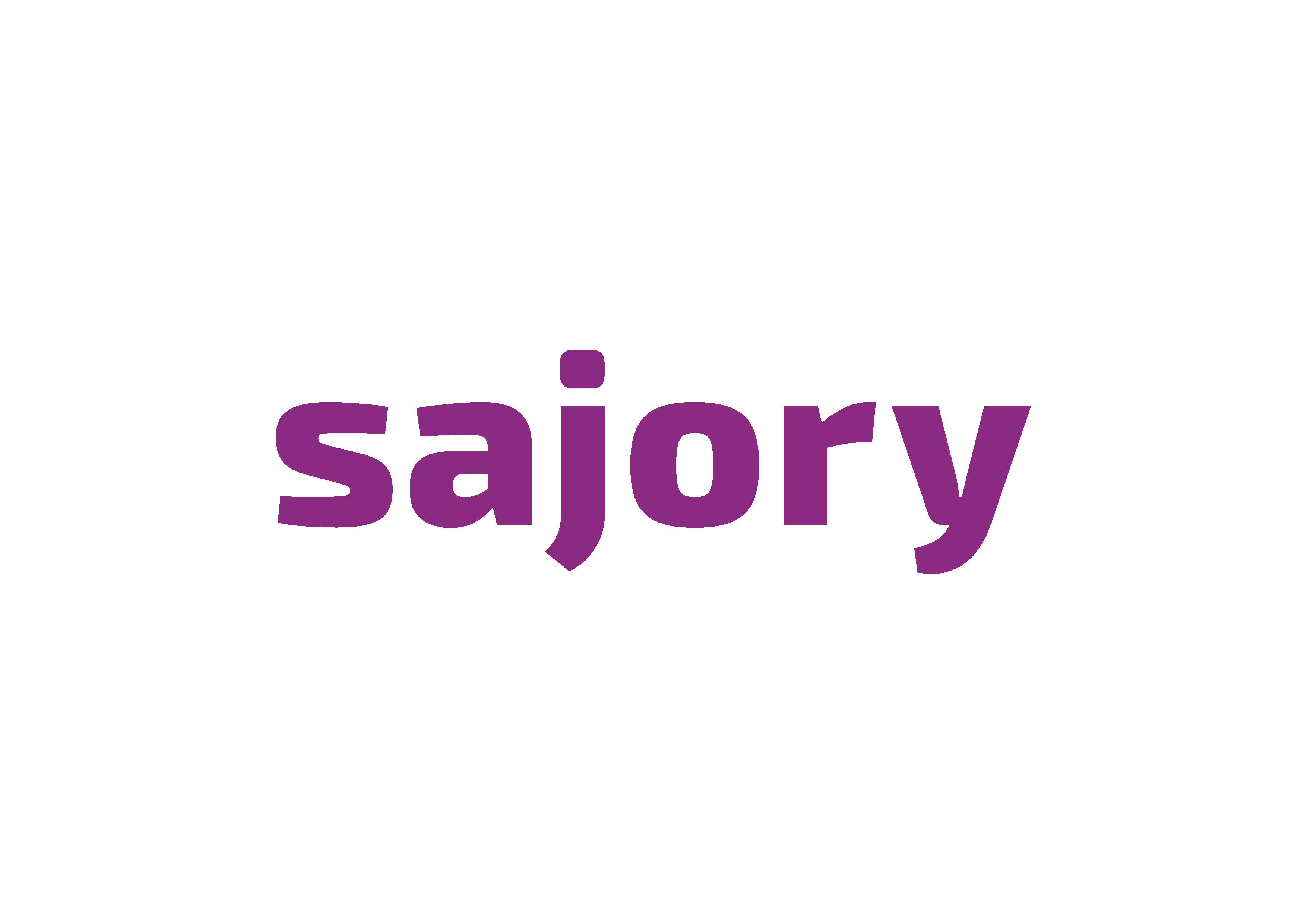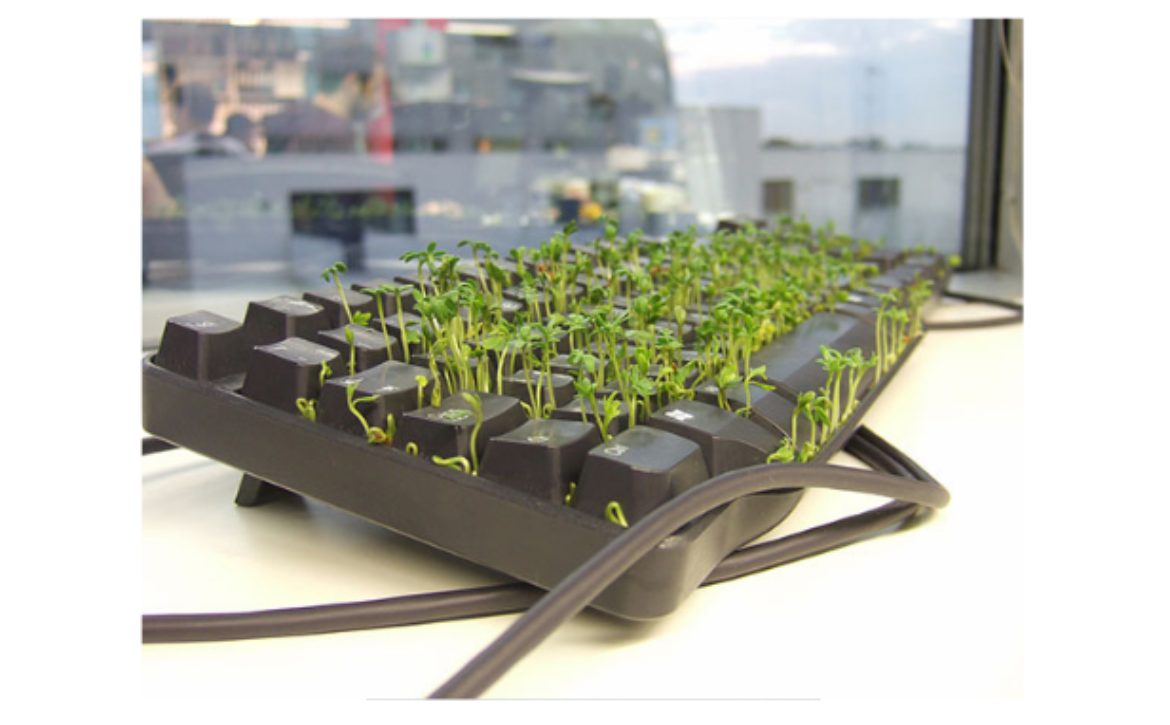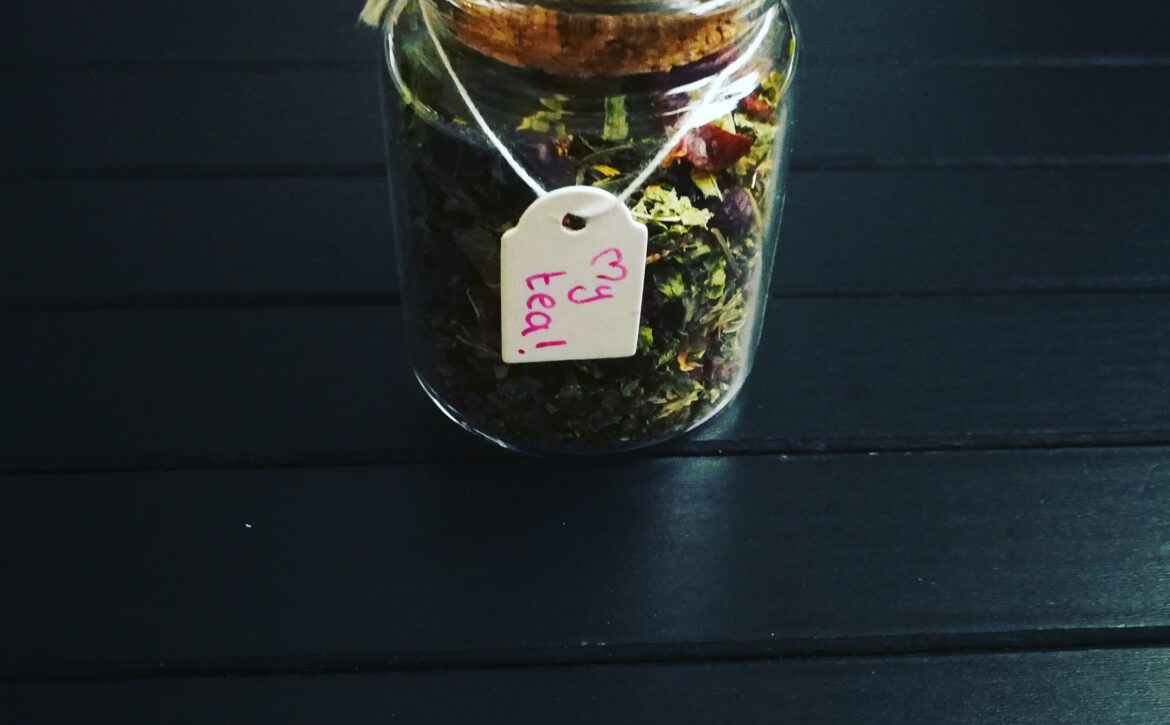Who did this?
The office is sometimes a silly place – at least it should be. A group that jokes around occasionally and do unharmful pranks from time to time tends to be one that is positive, results-oriented and successful. You already work 50 to 60 hours a week, mostly in the office or in uncomfortable setting, and sometimes you need a little laughter to break up the day and recharge from all the time spent focusing on the serious stuff. Ideas of placing a mannequin in your seat, wrapping someone’s car with sticky notes, or covering their desk area with real green grass are just a sample of how a few minutes of planning for fun can fill your brain with the happiness hormone.
And if you needed a reason for doing this, consider a 2012 meta-review of studies on humor in the workplace found that it is linked with strong employee performance, effective stress-coping mechanisms and strong group cohesiveness. Those jokes and pranks can serve as signs of a healthy workplace, and provide ways to foster trust and good communication among staff.
Just pay attention that jokes are not signaling someone out or being considered as bullying, under the title “I was joking”. As any comedian will tell you, attempts at humor sometimes can fall flat or even backfire. Get to know your colleagues well before you start joking around, enlist other accomplices, and have fun.



